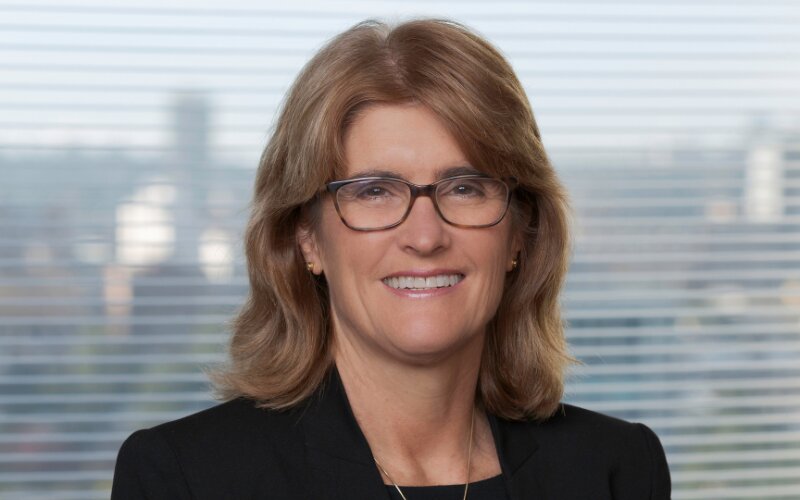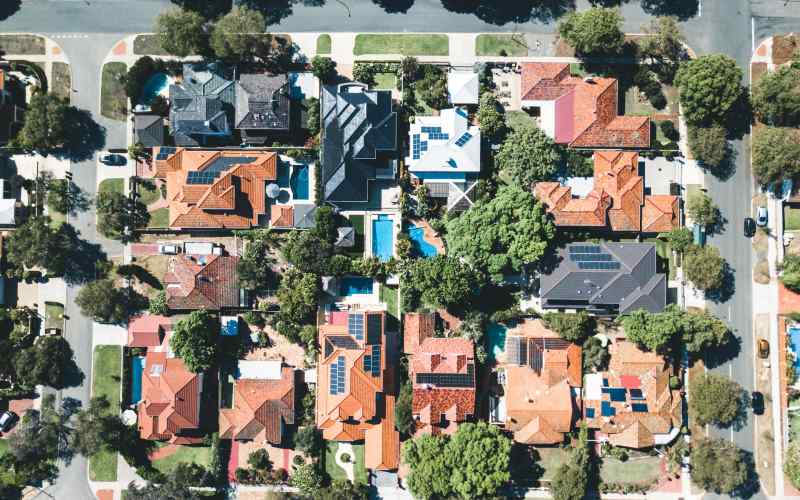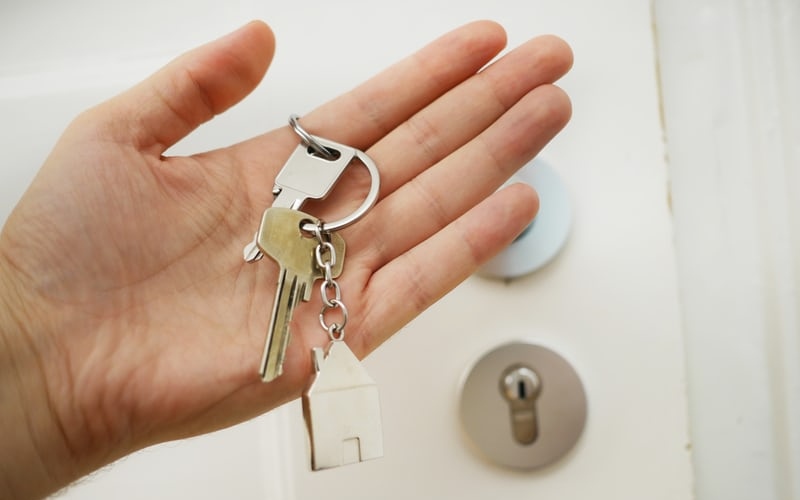The Reserve Bank of Australia (RBA) made the decision in its board meeting today to keep the cash rate at the record low 0.25%.
The cash rate at the beginning of March was 0.75% before two cash rate cuts worth a total of 50 basis points -the first time two cuts have ever taken place in a single month.
The RBA deemed another rate cut was not necessary today, and it had previously stated the cash rate had reached its floor and ruled out negative interest rates in Australia.
"Members also agreed that the cash rate was now at its effective lower bound," it said in the minutes of its emergency March meeting.
"Members had no appetite for negative interest rates in Australia."
A hold was also the expected outcome predicted by an overwhelming majority of economists in Australia.
Bloomberg's monthly survey of top economists returned a unanimous 0.25% cash rate hold result.
Survey of economist #RBA cash rate expectations, unsurprising to see 0.25% as far as the eye can see - @BloombergAU might be able to retire this part of the survey for the next few years... #ausbiz pic.twitter.com/eqCOoNRWXE
— Alex Joiner (@IFM_Economist) April 3, 2020
Senior economists from major banks had also stated there would be no movement.
"After all the fireworks last month we don’t expect any surprises from the RBA today," NAB economist Rodrigo Catril said.
"The RBA is broadly expected to keep policy – the cash rate, yield curve control and QE – unchanged."
What the RBA said
As he has done in recent statements, RBA Governor Philip Lowe mentioned the coronavirus and its effect on the economy frequently.
"The coronavirus remains first and foremost a very major public health issue, but it is also having very significant effects on economies and financial systems around the world," Governor Lowe said.
"Many countries are expected to experience large economic contractions as a consequence of the public health response. Large increases in unemployment are also expected.
"Once the virus is contained, a recovery in the global economy is expected, with the recovery supported by both the large fiscal packages and the significant easing in monetary policy that has taken place."
Governor Lowe also touched upon the recent introduction of quantitative easing (QE), which will see the Reserve Bank purchase billions of dollars worth of government and secondary market bonds to help fund financial market activity, aka easing monetary policy by injecting huge quantities of cash into the economy.
"Since this target was introduced, the Bank has bought around $36 billion of government bonds in secondary markets, including bonds issued by the states and territories. The Bank will continue to promote the smooth functioning of these important markets," he said.
"The coordinated monetary and fiscal response, together with complementary measures taken by Australia's banks, will soften the expected contraction and help ensure that the economy is well placed to recover once the health crisis has passed and restrictions are removed.
"The Board is committed to doing what it can to support jobs, incomes and businesses as Australia deals with the coronavirus. The comprehensive policy package announced last month will also support the expected recovery.
"The Board will not increase the cash rate target until progress is being made towards full employment and it is confident that inflation will be sustainably within the 2–3% target band."
Not comparable with the previous releases. The #RBA note the "very large" economic contraction coming & the unemployment rate rising to "highest level in many years". Emphasis on the combined monetary & fiscal response & the willingness on the former at least to do more #ausbiz pic.twitter.com/Mus3VcCJuJ
— Alex Joiner (@IFM_Economist) April 7, 2020
According to CoreLogic Head of Research Eliza Owen, the current cash rate may now be in place for years to come.
"No doubt the RBA will be closely monitoring the impact of record low interest rates and other stimulus measures on the economy," Ms Owen said.
"To date, the policy announcements from the RBA and other sectors of government have been well received with the overall level of stimulus now getting close to 17% of Australian GDP."

Ready, Set, Buy!
Learn everything you need to know about buying property – from choosing the right property and home loan, to the purchasing process, tips to save money and more!
With bonus Q&A sheet and Crossword!



 Denise Raward
Denise Raward


 Hanan Dervisevic
Hanan Dervisevic
 Emma Duffy
Emma Duffy

